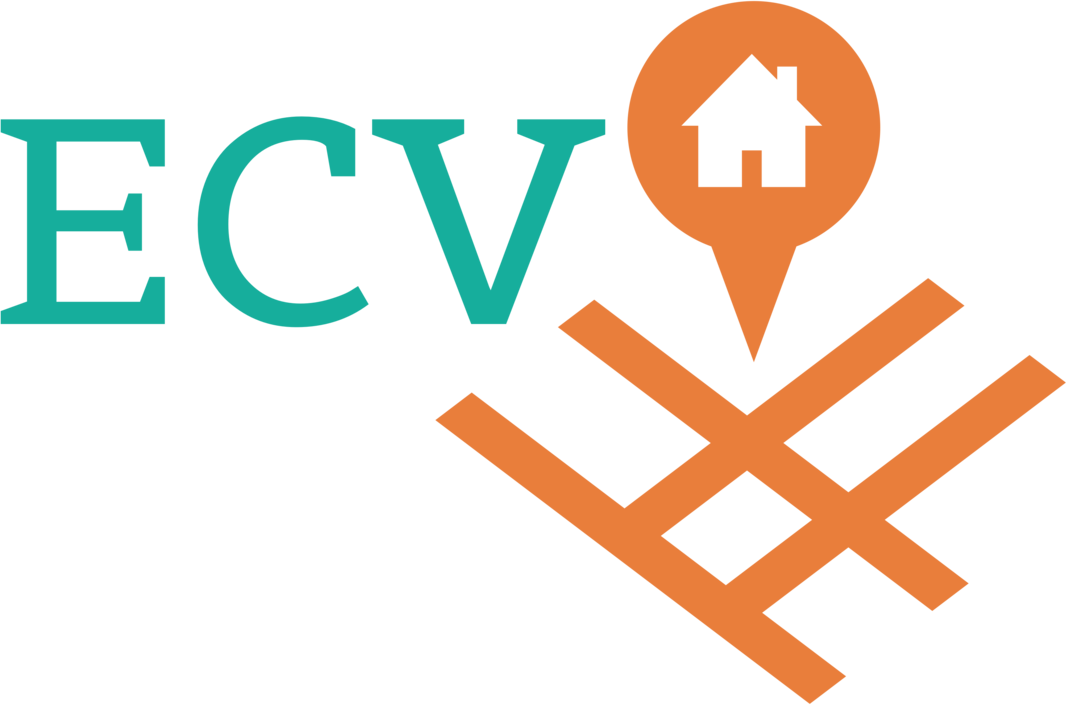First Aid Kit Essentials: Why is it important?
It is important to have the first-aid kit ready whenever there are incidents or an emergencies occur. Being prepared is important in emergency disasters. Always be prepared and take safety precautions and to always be equipped whether at home or on the go.
Be mindful of where you should keep your first-aid kit.
Where do you store your first aid kit?
The best place at home to keep the first aid kits is in the kitchen – since this is often a gathering place – as well as where many injuries occur. Bathrooms are not ideal storage place for your home kit in the, due to the amount of humidity. Often medications are recommended to keep at room temperature and in dry places.
What should be included in a First Aid Kit?
An organized basic First Aid Kit will prepare you for everything whenever an individual is injured or having a first aid incident.
Here is the list of Basic First-Aid Kit essentials:
Tweezers
Scissors
Medical tape
Aspirin
Antibiotic ointment
Elastic bandages
Bandages in assorted sizes
Butterfly bandages for cuts
Sterile saline solution
Disposable non-latex gloves
Sterile gauze pads and/or gauze roll
Cotton swabs and cotton balls
Antiseptic spray or towelettes
An epinephrine pen if anyone in your family has severe allergies
Any medications your family members may need in an emergency
Emergency contact information and phone numbers for your family
Doctor/pediatrician, local emergency services, and the poison helpline (1-800-222-1222 in the United States)
Home First Aid Kit includes:
a baby bulb suction device
a few instant ice bags
hand sanitizers
sterile cotton swabs and balls
tweezers
a thermometer: rectal for babies, oral for adults
a Save-A-Tooth storage device in case a tooth is broken or knocked out
Medicine syringe or cup
Rubbing alcohol
First aid booklet
Travel First Aid Kit:
Traveling light also requires bringing a portable First Aid Kit for less disturbance during leisure travel or business trip.
Sunscreen
Anti-diarrheal medication
Motion sickness medication
Moleskin for preventing blisters
Travel-sized containers of antihistamines, over-the-counter painkillers such as Ibuprofen or Aspirin, Pepto Bismol, etc.
In Addition:
The most important First Aid Kit is YOU.
Knowing the basic importance of first aid and basic life-saving techniques make you more valuable than any tool you can put in any box.
Not only does knowledge of basic life-saving techniques give you the ability to know how to handle a first aid situation, but the extra preparation will also definitely ease your anxiety and enable you to know what to do in a hold situation.
Sources:
https://www.osha.gov/laws-regs/regulations/standardnumber/1910/1910.266AppA
https://www.cprcertified.com/blog/how-to-assemble-first-aid-kits-for-any-situation
https://cpreducatorsinc.com/what-should-be-in-a-first-aid-kit/


